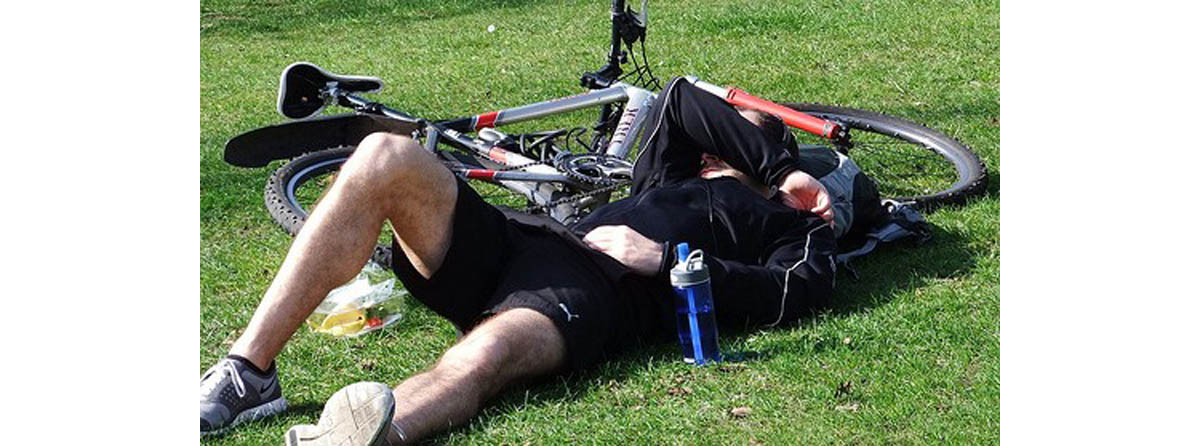Table of Contents
By the sounds of it, catabolism is pretty detrimental. It certainly can have huge impacts on your training, and definitely not in a good way. To put it simply, when you go catabolic, you can’t gain muscle – in fact, you lose it, likewise with strength. If you’re training for physique or performance goals, this is a huge problem.

Even if you’re just lifting weights to look and feel better and get healthier, catabolism is real bad news. As you can see, lack of sleep, soreness and fatigue are no good for anyone, so catabolism is to be avoided.
The first step is to recognize when you’re going catabolic.
This doesn’t mean jumping to conclusions every time your quads are hurting the day after squats, or your triceps start cramping during a tough set of dips – it means making detailed notes on how you feel after training sessions and on days in between. If you notice a pattern of soreness that doesn't seem to cease, catabolism may be the cause.
This is a key sign that you need to take a break. As mentioned, you can go catabolic from not training, but a week or two off won’t do you any harm whatsoever. In fact, it will be highly beneficial – better to take some down time now to avoid prolonged catabolism than having to take even longer off some point down the line.
If you can’t bear to take time off fully, just schedule a deload week. This involves lifting a little lighter – usually around 40 to 60 percent of your usual intensity, to give your muscles a chance to recover.
Eat
Catabolism occurs when you’re not giving your muscles, nervous system, and your body as a whole, enough fuel to recover.
The best cure for this? Food!
Eat five to six times per day and plenty of calories. Don’t worry about counting calories for a few weeks, or even fret over having the odd junk food meal, just eat to beat catabolism. This mans lots of protein and carbohydrate rich foods, fruits and vegetables, healthy fats from nuts, seeds, whole milk, red meat and peanut butter, plus the odd takeout, burger or serving of fries of you fancy.
Sleep
Hopefully by the time you implement the resting and eating strategies, your sleepless nights should have rectified themselves.
If you’re still struggling though, try some tactics to help you sleep.
Before going to bed, do a “brain dump.” This involves writing down everything that’s worrying or bothering you on a sheet of paper to get all the thoughts out of your head. This will help you de-stress.
Turning off your alarm will help too. Obviously this may be a little difficult Monday to Friday, but if you can sleep in, even for just an extra 30 minutes at the weekend, your body can use that sleeping time to recover. Never underestimate the benefits of a good night’s sleep.
Taking mini cat naps during the day is a fantastic idea also. If you can get just 10 to 20 minutes to yourself, find a quiet corner and catch a few zees.
Massage
A sports massage will loosen up aching muscles, flush blood through your body and push nutrients to fatigued tissues. Not only does massage help from a physiological standpoint, but mentally it will de-stress you and give you some “me time.”
Beating catabolism is pretty easy, provided you’re proactive and take control before it takes control of you.
- ”Fight Back to Build Mass” by Richard Choueri, Published September 10, 2010, Accessed on August 24th 2013, Retrieved from http://www.bodybuilding.com/fun/catabolic_crushers.htm
- Photo courtesy of Stephanie Young by Flickr : www.flickr.com/photos/justthismoment/5806190144/
- Photo courtesy of oatsy40 by Flickr : www.flickr.com/photos/oatsy40/6985216675/


Your thoughts on this